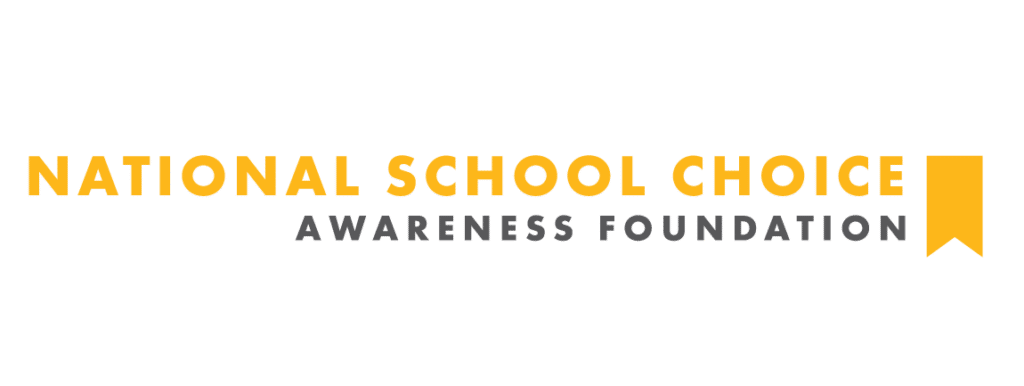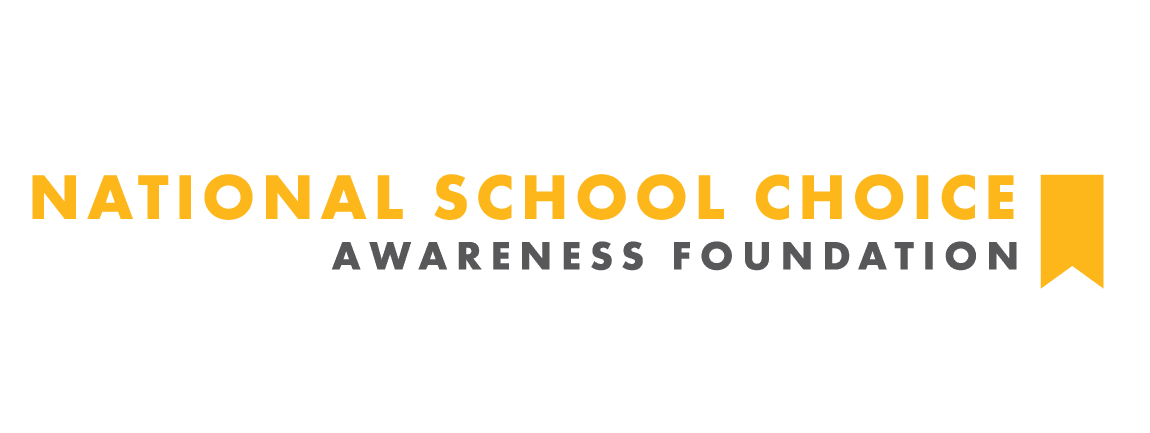For decades, West Virginia families watched as other states empowered parents to choose new or different learning options for their children. But despite the best efforts of parents, the Mountain State offered few choices for families whose local schools did not meet their children’s interests, talents, challenges, and needs, or for families who could not afford private education or pursue homeschooling.
In 2019, things changed for the better. Thanks to the work of the nonprofit Cardinal Institute for West Virginia Policy, which built a coalition to expand school choice in the state, West Virginia lawmakers enacted several new programs to provide parents with increased access to a variety of fresh learning options.
Just as the 2022-23 school year hit its stride, the state’s flagship private school choice program, the Hope Scholarship, was ruled constitutional by the West Virginia Supreme Court. Before the now-removed injunction was put in place, more than 3,000 students had been approved to use the scholarship. For these families, and more who will apply, this ruling is fantastic news.
For all parents interested in exercising their K-12 options, this guide provides a full update on the newest selections available for West Virginia families.
Charter Schools: In-Person and Online
Microschools and Learning Pods
For parents who want to work with other parents – or with teachers, tutors, curriculum companies, and private education providers – to build customized learning environments for their children, West Virginia now empowers parents to create learning pods and microschools.
The state recently enacted a new law that allows parents to create their own small schools (“microschools”) or to create learning pods. For more information about these types of options, check out our ultimate guide to learning pods and microschooling. Here’s how West Virginia’s new law defines these options:
Learning pods are “voluntary association[s] of parents choosing to group their children together to participate in their elementary or secondary academic studies as an alternative to enrolling in a public school, private school, homeschool, or microschool, including participation in an activity or service provided to the children in exchange for payment.”
Microschools are “school[s] initiated by one or more teachers or an entity created to operate a school that charges tuition for the students who enroll and is an alternative to enrolling in a public school, private school, homeschool, or learning pod.”
Parents who choose to create learning pods and microschools will likely spend significant time developing the ideal educational environment for their children. However, West Virginia’s new law makes the process of establishing a learning pod or microschool relatively efficient and easy.
Specifically, parents must submit a “notice of intent to participate in a learning pod or microschool” to their county school superintendent. This notice of intent must include the name, address, and age of any school-aged child participating; an assurance that the child(ren) will receive instruction in reading, language, mathematics, science, and social studies; a pledge that the child’s academic performance will be assessed annually; and documentation demonstrating that the persons providing instruction have either a high school diploma or a college degree.
The Home School Legal Defense Association (HSLDA) provides a template learning pod notice of intent for HSLDA members. Parents can also easily adapt the West Virginia Department of Education’s template Homeschool Notice of Intent, which is nearly identical to the notice of intent required for microschooling and learning pods, or adapt the homeschooling template notice of intent developed by the West Virginia Home Educators Association (WVHEA).
Each year a child participates in a microschool or learning pod, parents must also administer an annual assessment of their child’s academic performance, which is similar to the state’s assessment policy for homeschoolers. WVHEA provides an excellent overview of these assessment requirements.
Status of the Hope Scholarship
In 2021, West Virginia lawmakers created a new program, the Hope Scholarship, to provide parents desiring to switch their children from public to private schools with $4,298.60 in financial assistance for private school tuition and other educational expenses. At the time the program was created, it was one of the nation’s most expansive and flexible private school choice programs.
Before the program could be fully launched, a group called Public Funds Public Schools filed a lawsuit, arguing that the new scholarship program was unconstitutional. Kanawha Circuit Judge Joanna Tabit agreed and told the state that they could not fund the scholarships, even after more than 3,000 students had already been approved to receive scholarships and were planning to attend private schools this school year.
The West Virginia Attorney General’s Office and the Institute for Justice appealed this ruling and on October 6, 2022, the West Virginia Supreme Court of Appeals ruled the program constitutional, ending the injunction.
New Resources to Help Families Navigate Education Options
To help families navigate the new options available for their children’s education, as well as the existing options we discuss in our West Virginia School Choice Roadmap, three organizations are working to provide information, resources, and inspiration to parents.
The Cardinal Institute, West Virginia Families United for Education, and Love Your School West Virginia host in-person events, training, and webinars for families. They are also working to assist families whose children were enrolled in the Hope Scholarship Program, only to see their scholarships revoked by Judge Tabit.
We encourage families to contact these three organizations for additional school choice details or to answer specific questions not covered in this guide or in our other website content.
Considerations for Parents
We offer the following recommendations for families interested in pursuing West Virginia’s newest school choice options:
- As you evaluate the new opportunities available for your children, check out our Tips for Choosing the Right School for Your Child. Just because new alternatives are available does not necessarily mean that a new or different school will be a better fit for your child than his/her existing school. Our tips, worksheets, and videos will help you harness the power of your own intuition to identify the right learning environment for your daughter or son.
- Even though the state offers just four charter schools, two of these schools have a fully statewide reach because they offer fully online education. Even if families had challenging experiences with emergency remote learning during the pandemic, a full-time online public charter school might still be a good fit. These schools have been approved by the state, are run by qualified professionals with expertise in delivering online education, and provide families with the necessary technology to access these schools.
- Parents considering learning pods and microschools should carefully follow the state’s policies and develop a plan for instruction and compliance prior to establishing their learning pods or microschools. Specifically, families should ensure that every individual responsible for delivering instruction meets the state’s qualifications, file notices of intent only after you have fully discussed your learning pod or microschool arrangements with other families, develop a plan at the beginning of the school year for how you will guarantee that students receive high-quality instruction in core subjects and satisfy the state’s assessment requirements, and carefully evaluate or vet any fee-based service providers before signing contracts or agreeing to pay. For more information about microschooling, visit the website of the newly-formed National Microschooling Center.
- As the Hope Scholarship program is restored to functionality, parents will be able to use the web portal at hopescholarshipwv.com to apply and learn more. In addition, parents can see frequently asked questions and answers on the Cardinal Institute’s website.



